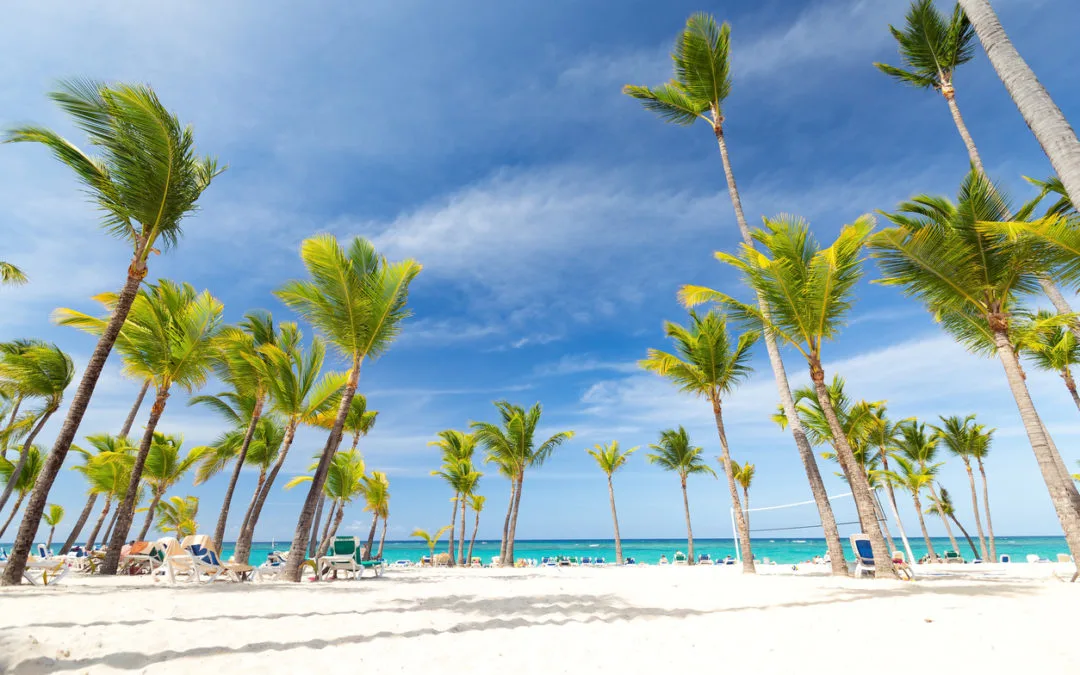The 23rd Forum of Environment Ministers from Latin America and the Caribbean concluded in Panama City. Leaders committed to curbing chemical and waste pollution.
The meeting produced a statement that highlighted several concerns. Most notably, it addresses the rising issue of plastic pollution in oceans.
This issue not only harms nature but also affects people and economies. The statement also emphasizes every person’s right to a clean environment.
This forum took place during Latin America and the Caribbean Climate Week. Over 3,000 people attended the climate-focused event.
Organizers pointed out the forum’s role in forming regional views for the upcoming COP28 conference in Dubai.
The ministers approved a Work Program for 2023-2024. This plan comes under the Intergovernmental Network on Chemicals and Waste for Latin America and the Caribbean.

Additionally, they decided to create a strategy to secure resources. This strategy aims to support the effective execution of the approved work plan.
The gathering also reviewed a previous conference in Bonn, Germany. Attendees praised the outcomes and renewed their commitment to the Bonn Declaration.
This declaration addresses the same issues on a global scale.
Furthermore, the leaders encouraged other regional governments to join their efforts. They aim to prevent waste and improve waste management.
Their goal includes gradually closing all landfills that exist in the region.
The ministers also made a call to action for support. They invite both regional and global partners to contribute.
This support could include financial help, sharing of expertise, or even technology transfer.
Lastly, they urged countries to implement a new air quality plan from 2022 to 2025. This action aligns with each country’s individual capacity to make changes for cleaner air.
Background
This isn’t the first time Latin American countries have come together to address environmental issues.
Previous forums have tackled concerns like deforestation and water quality. This 23rd meeting builds on the foundation laid by past discussions and actions.
Historically, the region faces challenges like waste management and air pollution, often complicated by rapid urbanization.
Global organizations often partner with these forums to offer resources and expertise. For instance, the UN has played a key role in guiding policy and offering technical aid.
This collaboration has led to some tangible results, like stricter regulations and community-based projects.
The upcoming COP28 conference offers another stage for these countries to influence global environmental policy.

